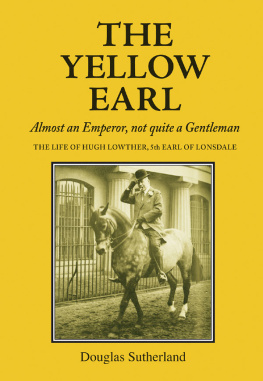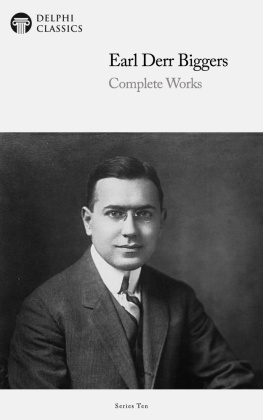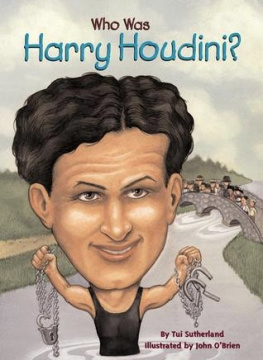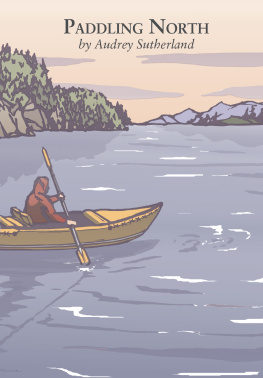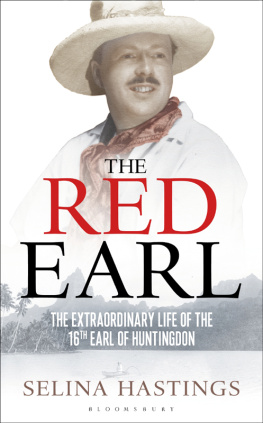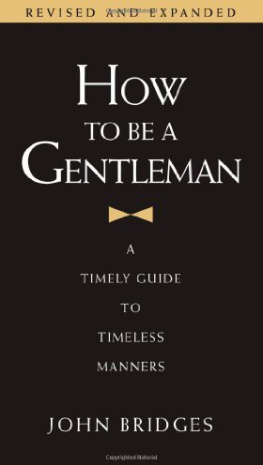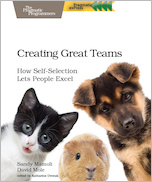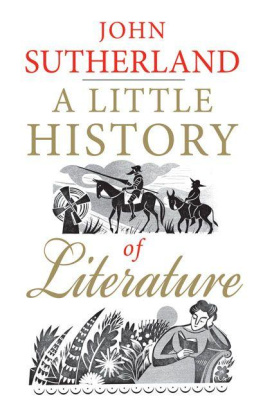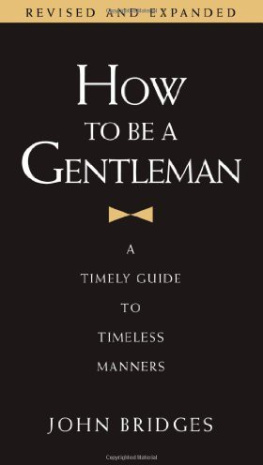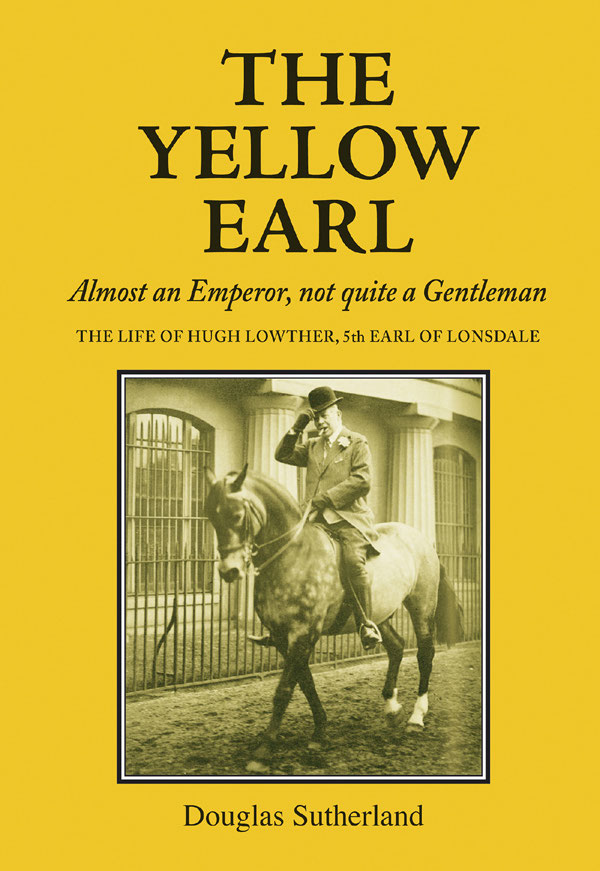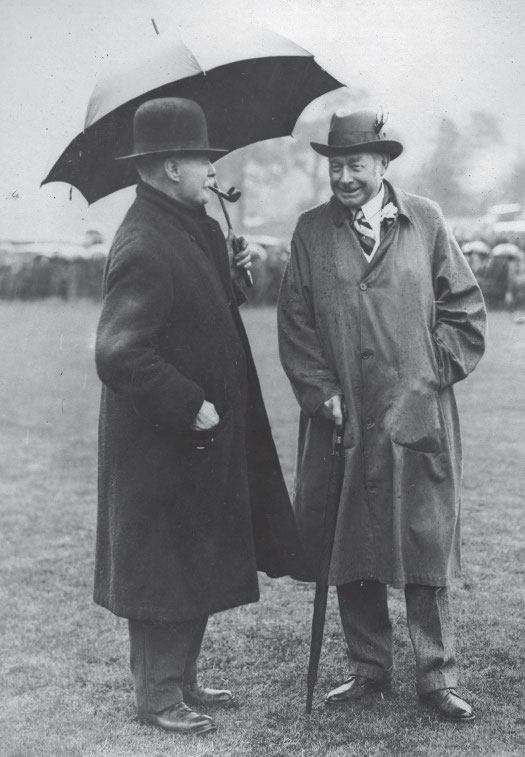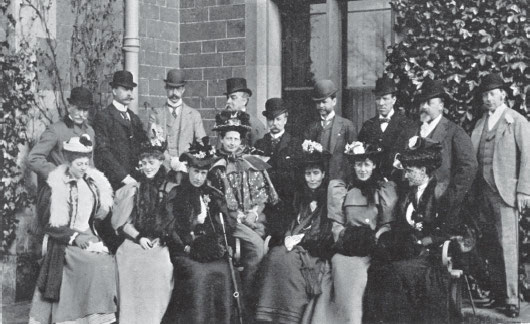5th Earl of Lonsdale, K.G., G.C.V.O.
Hugh Lowther (right), 5th Earl of Lonsdale, at the Grasmere Sports in 1928.
ACKNOWLEDGEMENTS
My grateful thanks are due to the 7th Earl of Lonsdale not only for writing the Preface but for giving me full access to the family papers and for many other kindnesses.
I would also like to thank many other people closely associated with the Lowther Estates who have given me valuable assistance. Mr Derek Pattinson, Mr John Peel and Miss D. Ravey in particular have done much to lighten my task. Miss S. E. Bailey, with her long association with the Lowther Estate office, was an invaluable guide through the mass of available material and I was glad to take her advice on many points.
Others, like Sir Gordon Richards, Mr Dick Steel and Mr Charlie Haines, have told me much that has been useful, whilst yet others, such as the Lady Barbara Lowther, the Earl of Carlisle, Mr Denzil Batchelor and Mrs Shirley Shea, have helped with criticism or with expert knowledge.
Finally I would like to tender my most grateful thanks to Muriel, Viscountess Lowther, who has been closely associated with me in the writing of this book and who has contributed much to it. It is to her that this book is affectionately dedicated.
The main source of material for the book has been the letters, Press cuttings and other documents kept in the Lowther archives. Where I have not acknowl-edged the source it is because the cutting has been preserved but not the name of the paper. Considerable use has been made of the life story Lord Lonsdale himself wrote in The People, and the official biography written by Captain Lionel Dawson, R.N., during Lord Lonsdales lifetime.
Of the many other books that have been consulted, the principal have been: Sir Shane Leslie Studies in Sublime Failure (Leslie Berm, 1932), Lady Augusta Fane Chit Chat (Thornton Butterworth, 1926), Sir John Astley Fifty Years of My Life (Hurst & Blackett), Mari Sandoz The Cattlemen (Eyre and Spottiswoode, 1961), Charles Towne and Edward Wentworth Cattle and Men (University of Oklahoma Press, 1955), Richard Ferguson MPs of Cumberland and Westmorland (Bell and Daldy, 1871), Guy Deghy Noble and Manly (Hutchinson, 1956), Von Blow Imperial Germany (Cassell, 1914), Colin Ellis Leicestershire and the Quorn Hunt (George Gibbons), Cuthbert Bradley Foxhunting from Shire to Shire (Routledge & Kegan Paul), Denzil Batchelor Jack Johnson, his Life and Times (Sportsmans Book Club, 1957), Jem Mace In Fair Fight (V. & R. Chambers, 1956), P. Sichel The Jersey Lily (W. H. Allen, 1958).
Douglas Sutherland, 1965
A house party at Barleythorpe. Edward VII and Hugh are standing on the right, Lady Lonsdale seated in the centre, with the Dowager Countess (Pussy) on her right.
CONTENTS
PREFACE
by Hugh Lowther, Rt. Hon. the 8th Earl of Lonsdale
In 1936 my great-great-uncle Hugh Cecil, 5th Earl of Lonsdale re-settled the whole of the Lowther Estates, Lowther Castle, the London Properties and the Rutland Estate on his younger brother, Lancelot. The 5th Earl then retired to his hunting lodge and stables at Barleythorpe near Oakham in Rutland and died eight years later in 1944.
The army requisitioned Lowther Castle and the Lowther Estates for tank development between 1939 and 1945 and turned the Lowther Estates into a huge quagmire of mud and tank tracks, some of which, despite land reclamation, are still visible to this day.
Lancelot took over the management of Lowther from 1936 until he died in 1953. Lancelots son Anthony (Viscount Lowther) had died in 1949, not long after I was born that same year.
My father (Anthonys son) left the army in 1946 and went to work for Parsons Engineering in Newcastle upon Tyne and to live in Corbridge, Northumberland where my sister Jane and I were born. We then moved to live at Lowther for a year and then to the Home Farm, Market Overton in Rutland where my father farmed beef cattle and set up a beef co-operative, which I understand is still in operation today, 64 years later. My father left Rutland in 1953 to take over the running of the Lowther Estate after the death of his father Anthony in 1949 and his grandfather in 1953 and that is when the troubles began.
In about 1951-52 my father started beef farming in Rutland until he became the 7th Earl of Lonsdale after the death of his grandfather Lancelot in 1953. James became the life tenant to the Lowther Estate, I aged four years became the remainderman to the Lowther Estate as laid down in the 5th Earls will.
My father moved to Lowther permanently in 1954, leaving my mother, sister and me at the farm in Rutland. One of my earliest memories is of going to Junior School at Barleythorpe House, my great-uncles residence before the war, which had been bought by Rutland County Council. I have another memory of my father showing my sister and me how to slide down the stairs on a tin tray he broke his leg in the process.
In 1954 my father was able to finally evict the army out of Lowther Castle. He was faced with having to pay 4,000,000 in death duties on behalf of his uncle Hugh and grandfather Lancelot and his father Anthony. Having given up his plan to emigrate to Australia, he decided to turn his energies to Lowther and to try to save the Estate. He employed R. Gibson and then G. Hector to set up and manage beef and sheep farming on Lowther Estate and planted all other available land, including all of Lowther Castle Gardens, with trees as a future long-term investment.
Then followed an Estate sawmill company which supplied all the oak for the supports for crash barriers on the Severn Bridge (when I was 16 years old) and a building company and in 1972 he created the Lowther Caravan Park and the Lowther Horse Driving Trials in 1973 along with a partnership in Lowther the Croasdale Sawmill at Clifton.
The Lowther Estates continued to grow from strength to strength thereafter.
In 1974, partly to do with the then-80% Inheritance Tax and my fathers divorce from his third wife, an American, with the agreement of his three sons from three different marriages, he split up the Lowther Estates into a variety of separate trusts and also made his third son into the new remainderman for the Estate, therefore protecting the future of the Estates against all-destroying Inheritance Tax.
There is another book to bring the story up to date from the death of my father to present times, which will be put to print either before my death, or after.

